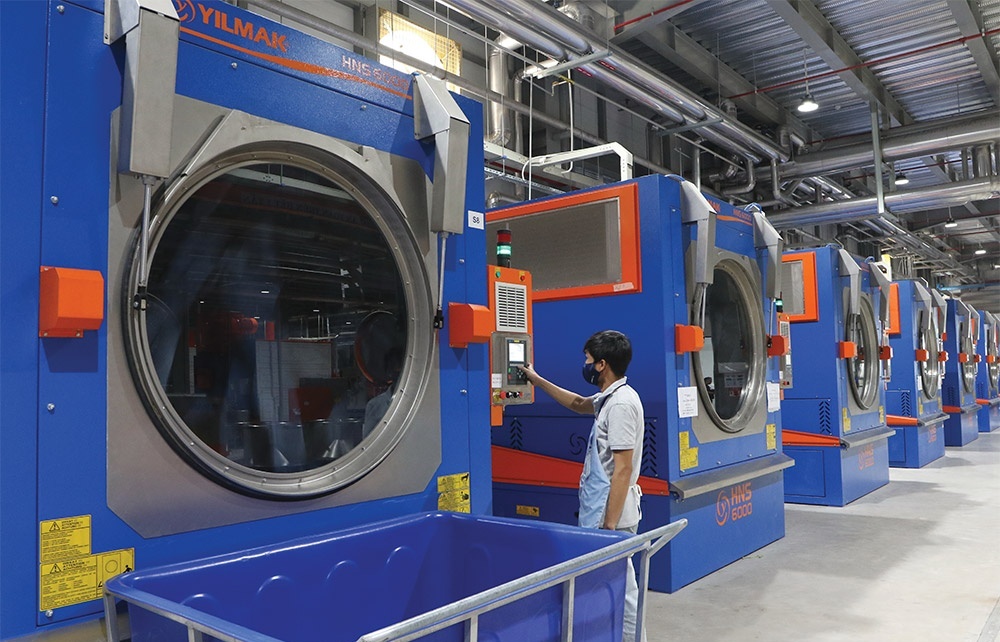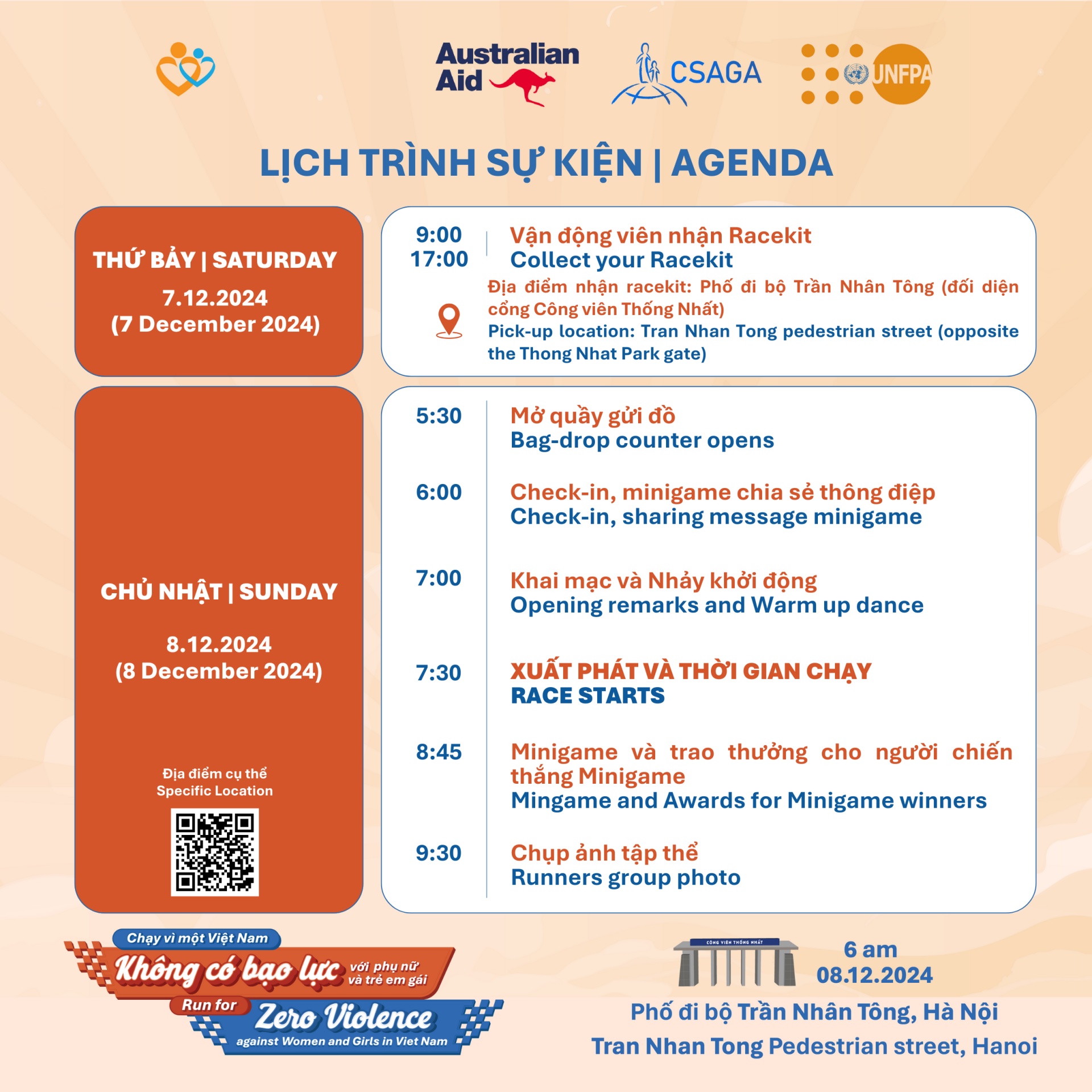Vietnam recognised as the lowest country in Southeast Asia for infant death
The report named Ending Newborn Deaths, revealed that globally 2.2 million children die during childbirth or within a first day of life, half of which could be prevented if the mother and baby had free healthcare and a skilled midwife.
Southeast Asia region is home to six of 75 high-burden countries in terms of child and maternal mortality, including Cambodia, Laos, Indonesia, Myanmar, Philippines and Vietnam.
Within this regional group, Vietnam leads the way on maternal and child health, with the lowest number of children dying with during childbirth or within the first day.

Vietnam also has a high percentage of skilled attendants at birth (91.9 per cent) in the region, compared to Laos at 37 per cent; and a high government expenditure on health per capita ($93.39) that is above the WHO recommendation of minimum $60 per capita, compared to countries like Myanmar that invests a mere $3.61 per capita.
“The first moments of a child’s life are the most dangerous, yet too many mothers do not have access to any skilled help during labour,” said Gunnar Andersen, country director for Save the Children in Vietnam.
“Vietnam has made substantial progress in maternal and child health, but we should not rest on our laurels. Instead, we should continue our work to achieve even better health services so no child dies from preventable causes,” Andersen said.
In a bid to save millions of newborn lives, Save the Children has called on world leaders to commit in 2014 to a blueprint for change – The five point newborn promise – which focuses on training and equipping enough skilled health workers to make sure that no baby is born without proper help, and removing fees for all pregnancy and birth services.
Save the Children is calling on world leaders, philanthropists and the private sector to meet and commit to the Five Point Newborn Promise in 2014.
Those are to issue a defining and accountable declaration to end all preventable newborn mortality, saving 2 million newborn lives a year and stopping the 1.2 million stillbirths during labour, to ensure that by 2025 every birth is attended by trained and equipped health workers who can deliver essential newborn health interventions, to increase expenditure on health to at least the WHO minimum of $60 per person and to pay for the training, equipping and support of health worker remove user fees for all maternal, newborn and child health services, including emergency obstetric care.
Apart from that, the private sector, including pharmaceutical companies, should help address unmet needs by developing innovative solutions and increasing availability for the poorest to new and existing products for maternal, newborn and child health.
What the stars mean:
★ Poor ★ ★ Promising ★★★ Good ★★★★ Very good ★★★★★ Exceptional
Latest News
More News
- Hanoi pilots electronic health record solution (November 10, 2024 | 12:25)
- Vietnamese consumer sentiment outperforms regional averages (November 08, 2024 | 18:00)
- Japfa Vietnam serves nutrition to 1,500 children to year-end (November 06, 2024 | 16:32)
- Tan Hiep Phat - three decades of serving society (November 04, 2024 | 17:58)
- Hanoi to restrict polluting vehicles across key districts (November 04, 2024 | 16:29)
- Hoan My Medical Group launches breast cancer screening to support community health (November 02, 2024 | 10:56)
- Vietnamese students explore the future at STEAMese Festival (October 28, 2024 | 16:55)
- Honouring ‘Green Warriors’ on Vietnamese Women’s Day (October 21, 2024 | 15:16)
- Swing for the Kids charity golf tournament kicks off (October 13, 2024 | 09:00)
- Swing for the Kids 2024 tees up opportunities for Vietnam's youth (October 12, 2024 | 10:00)
















 Mobile Version
Mobile Version